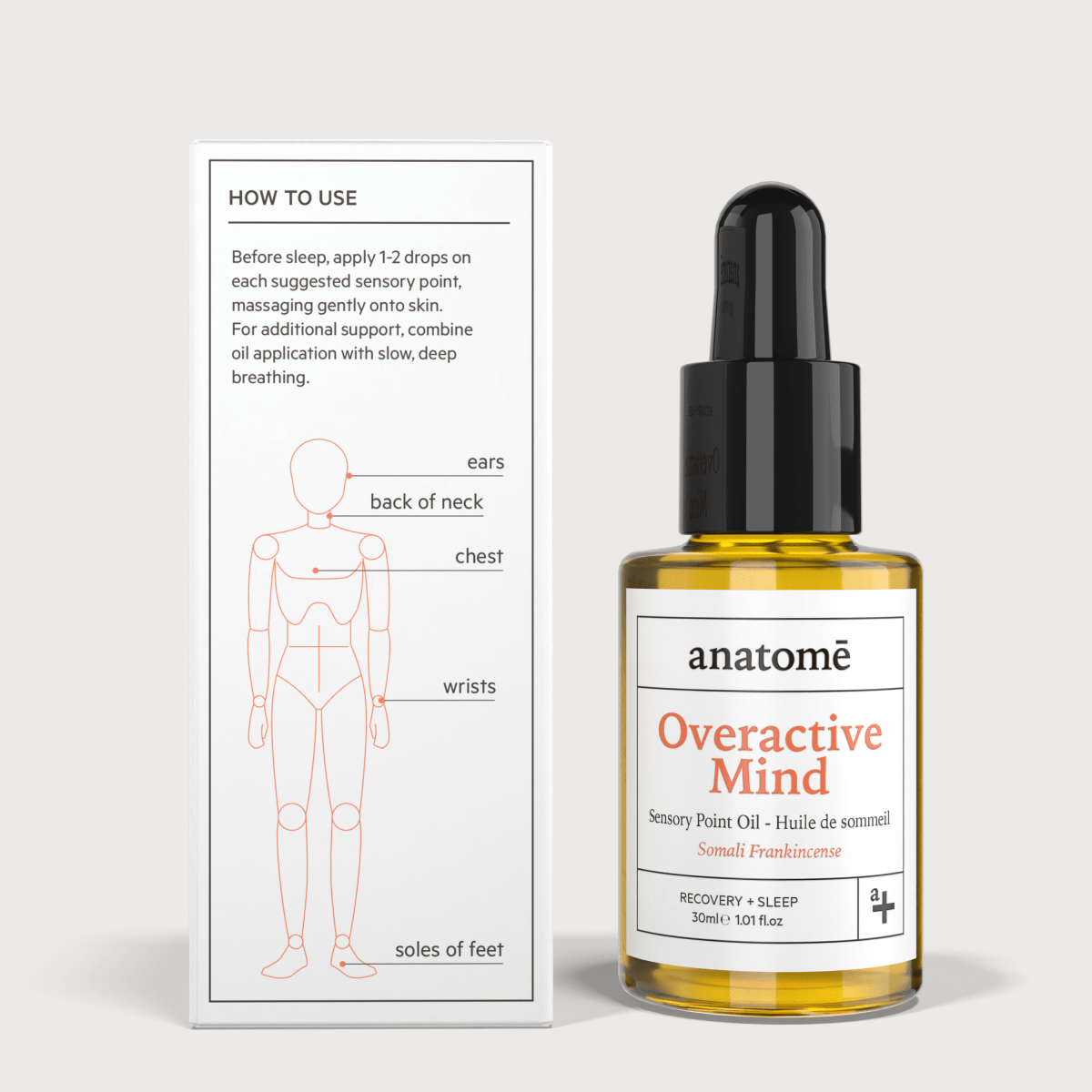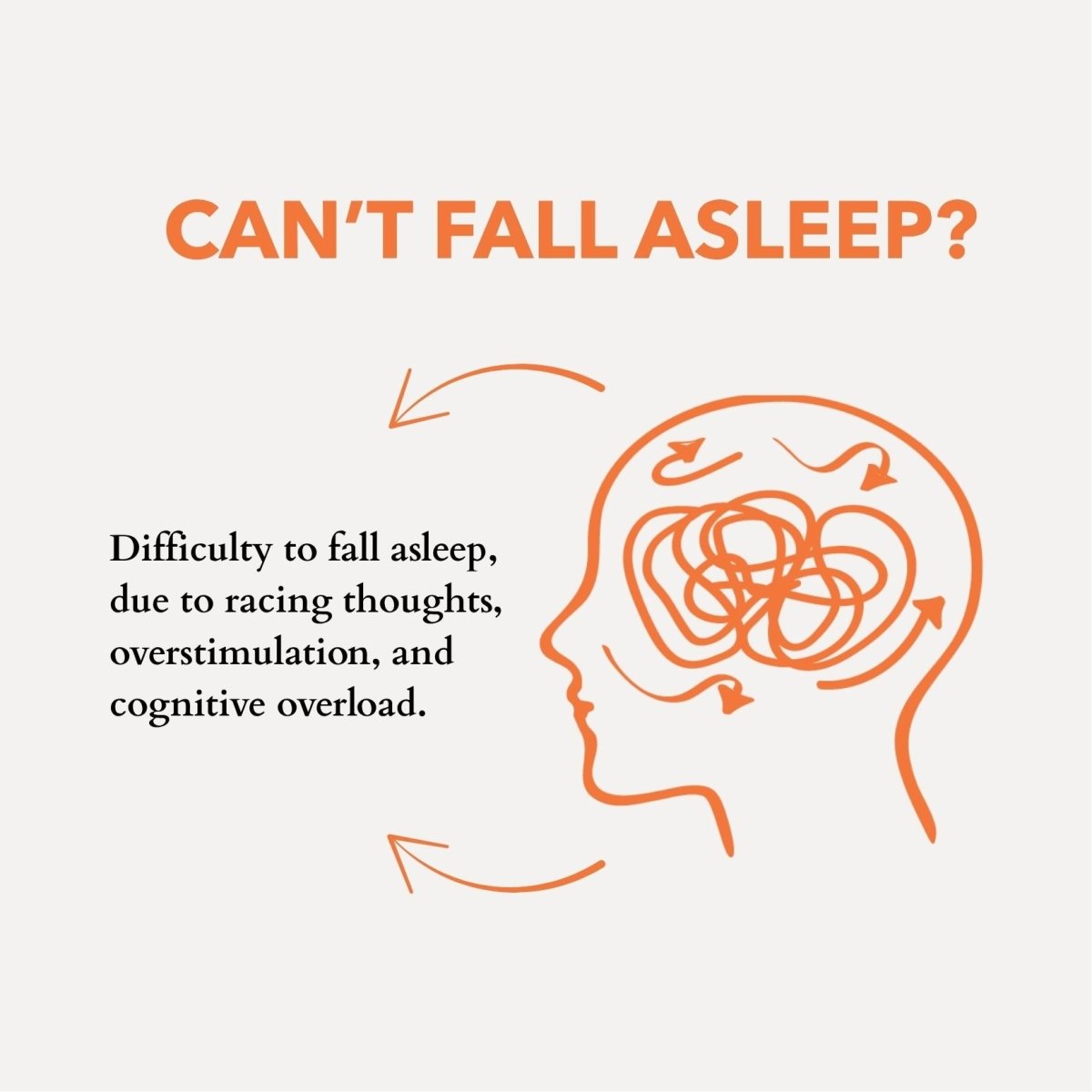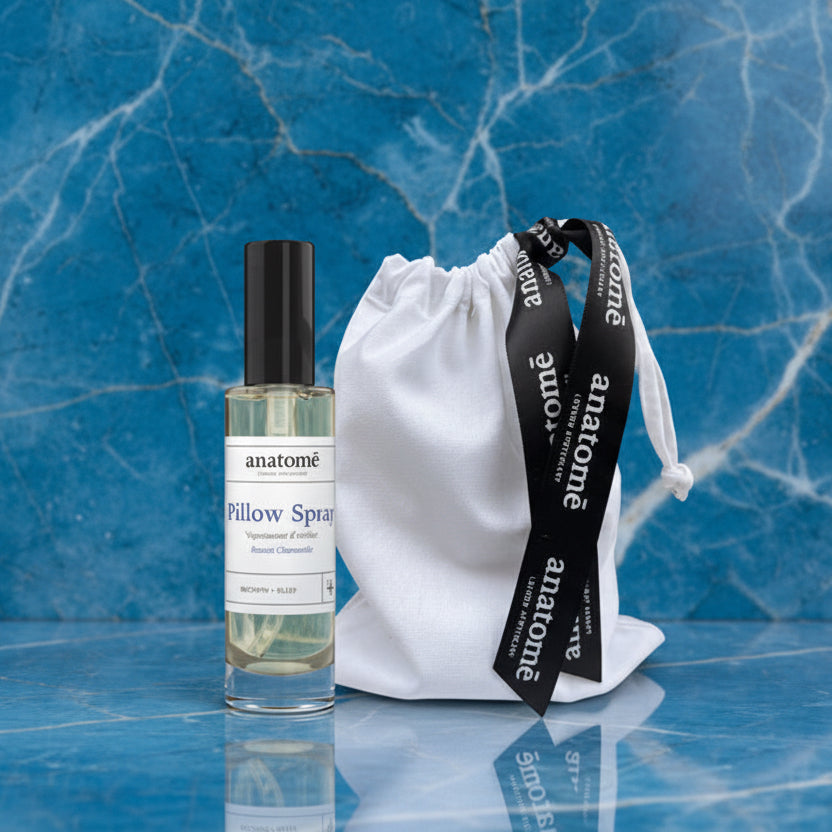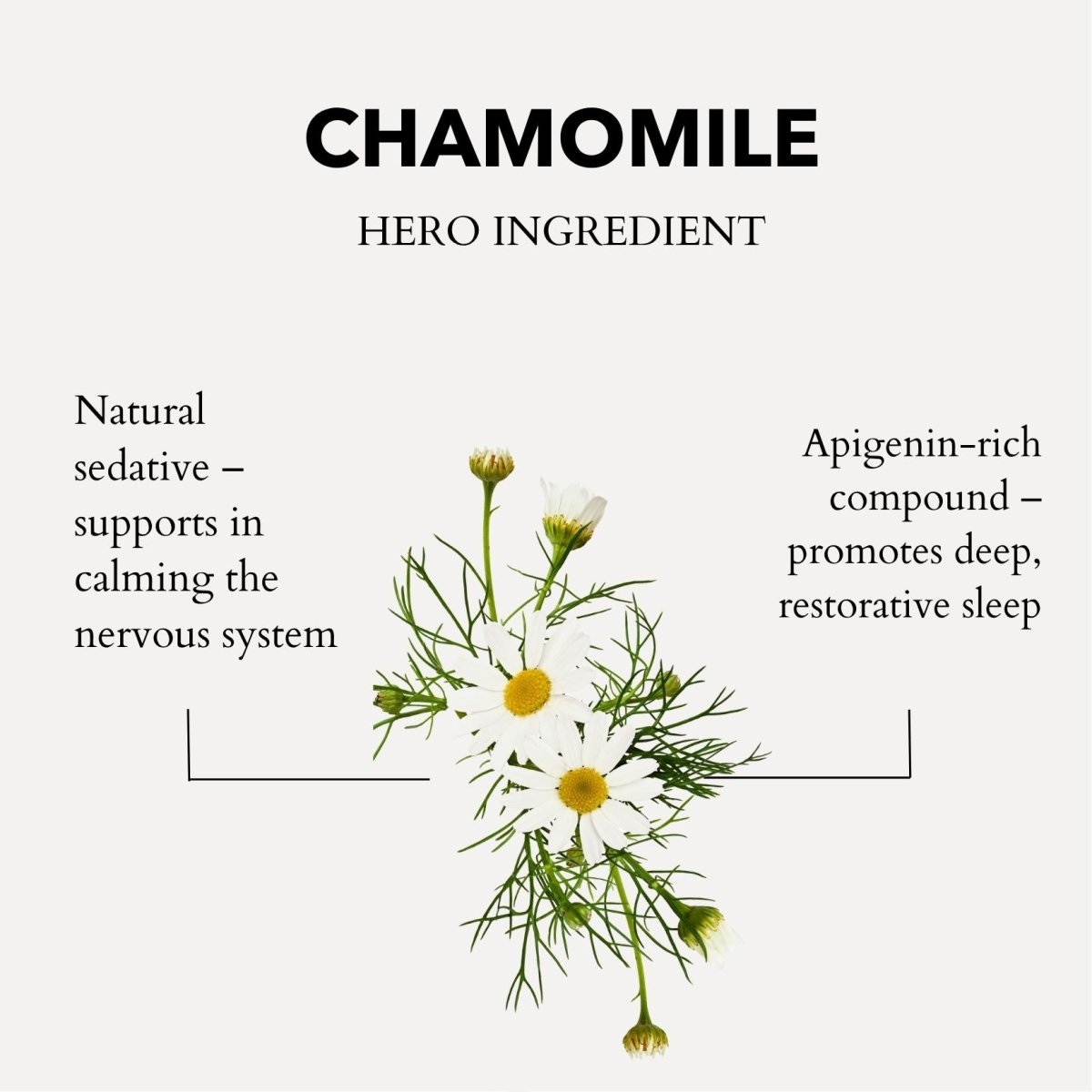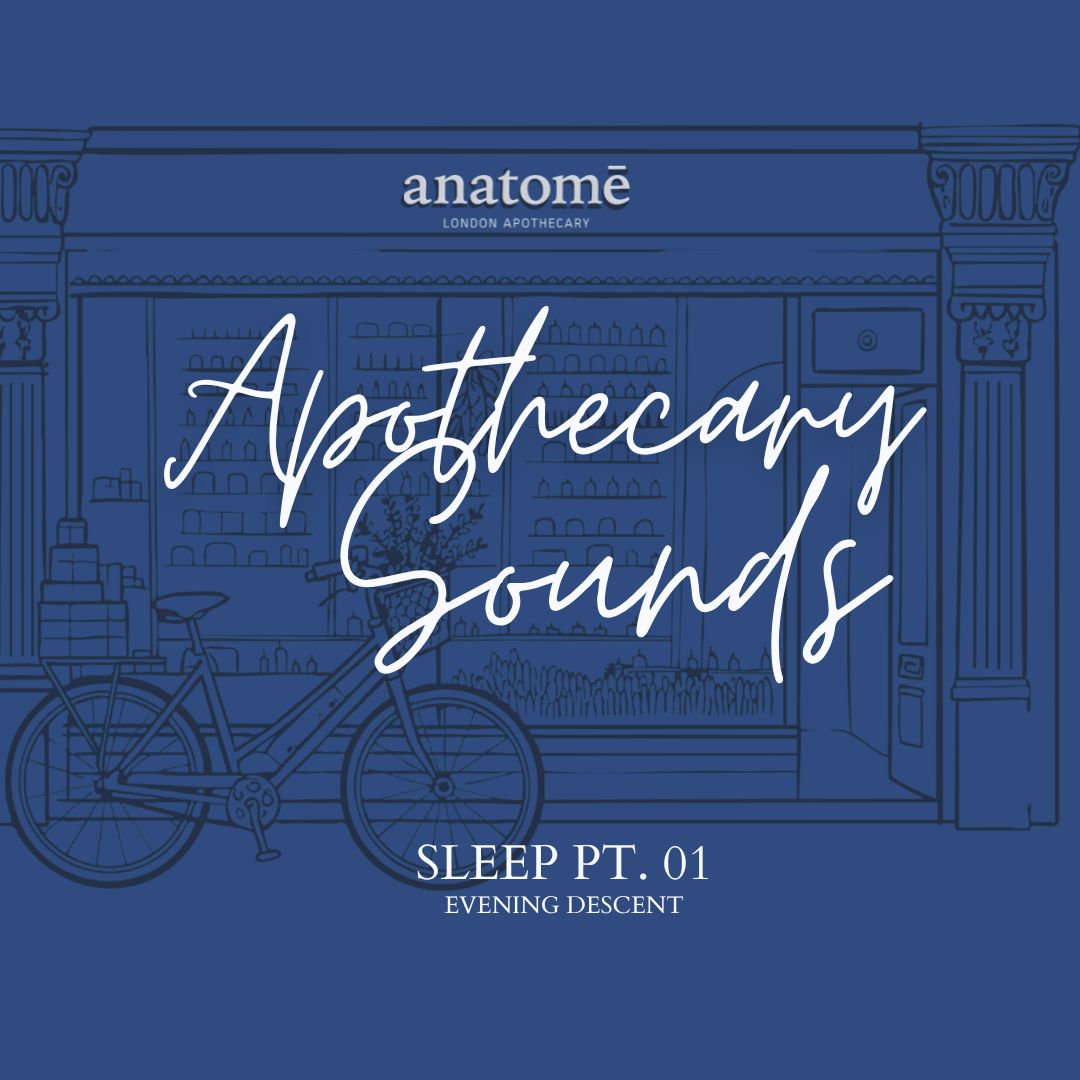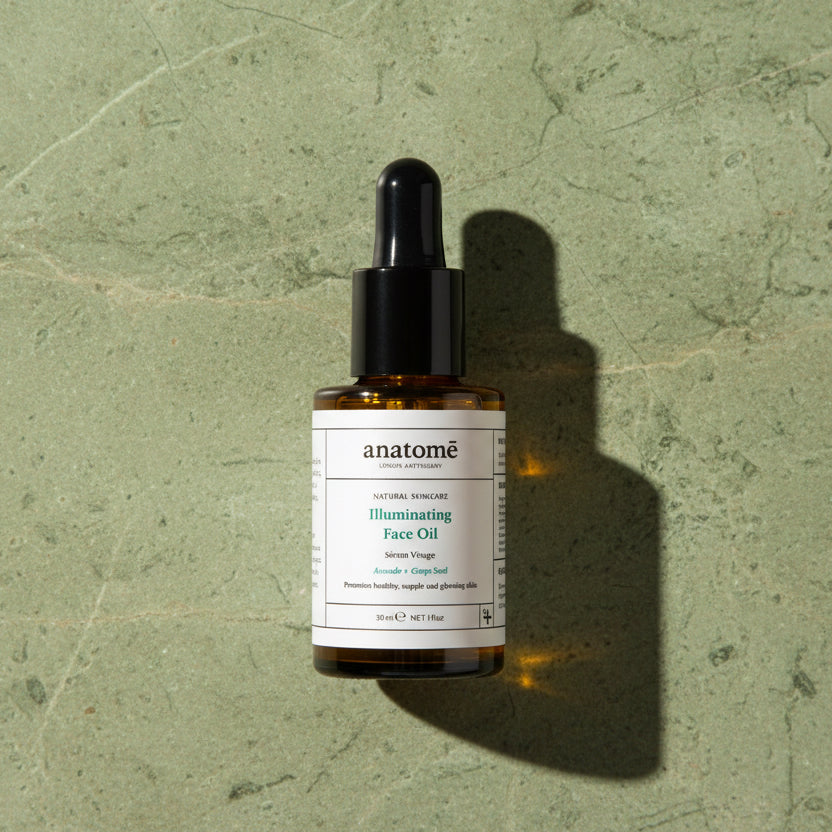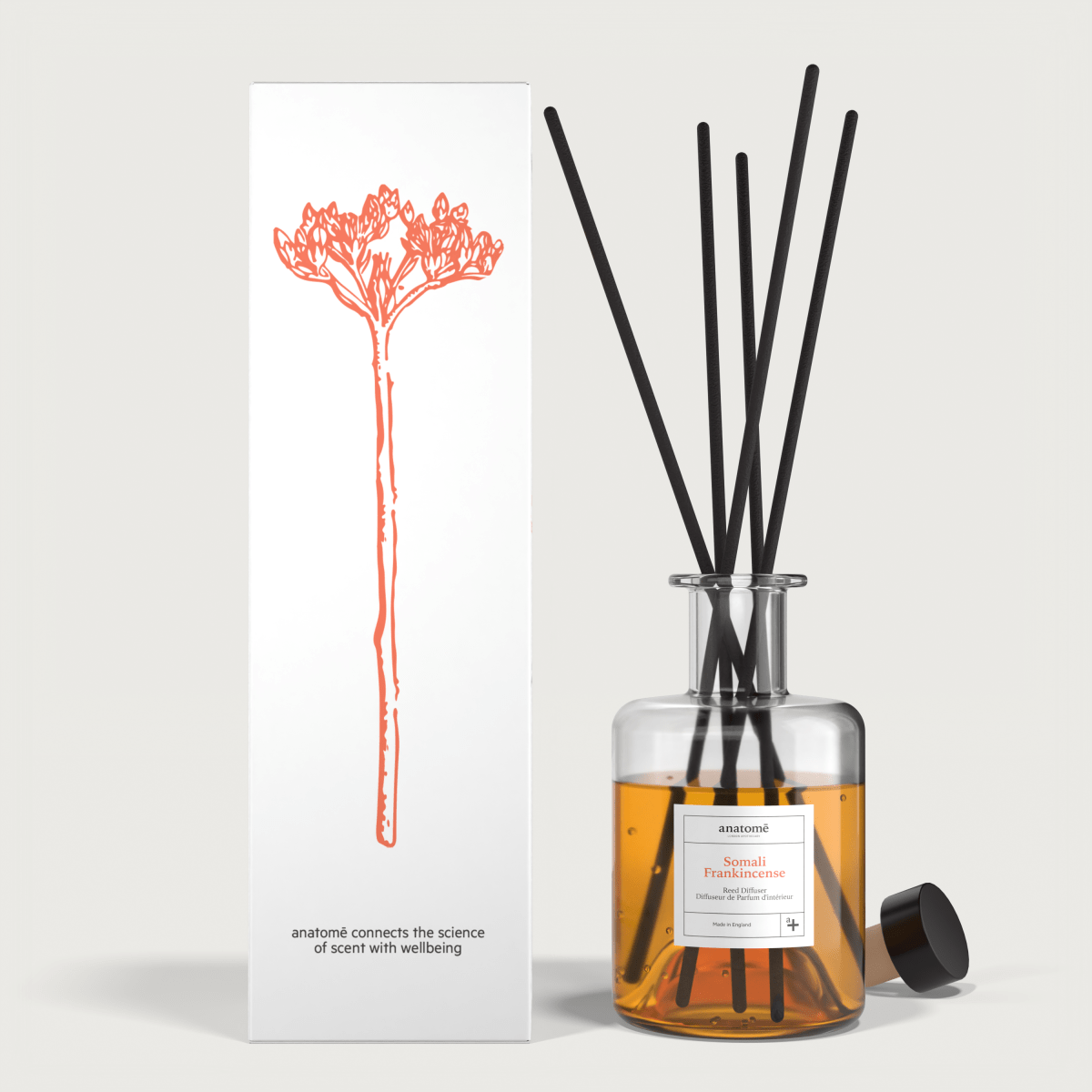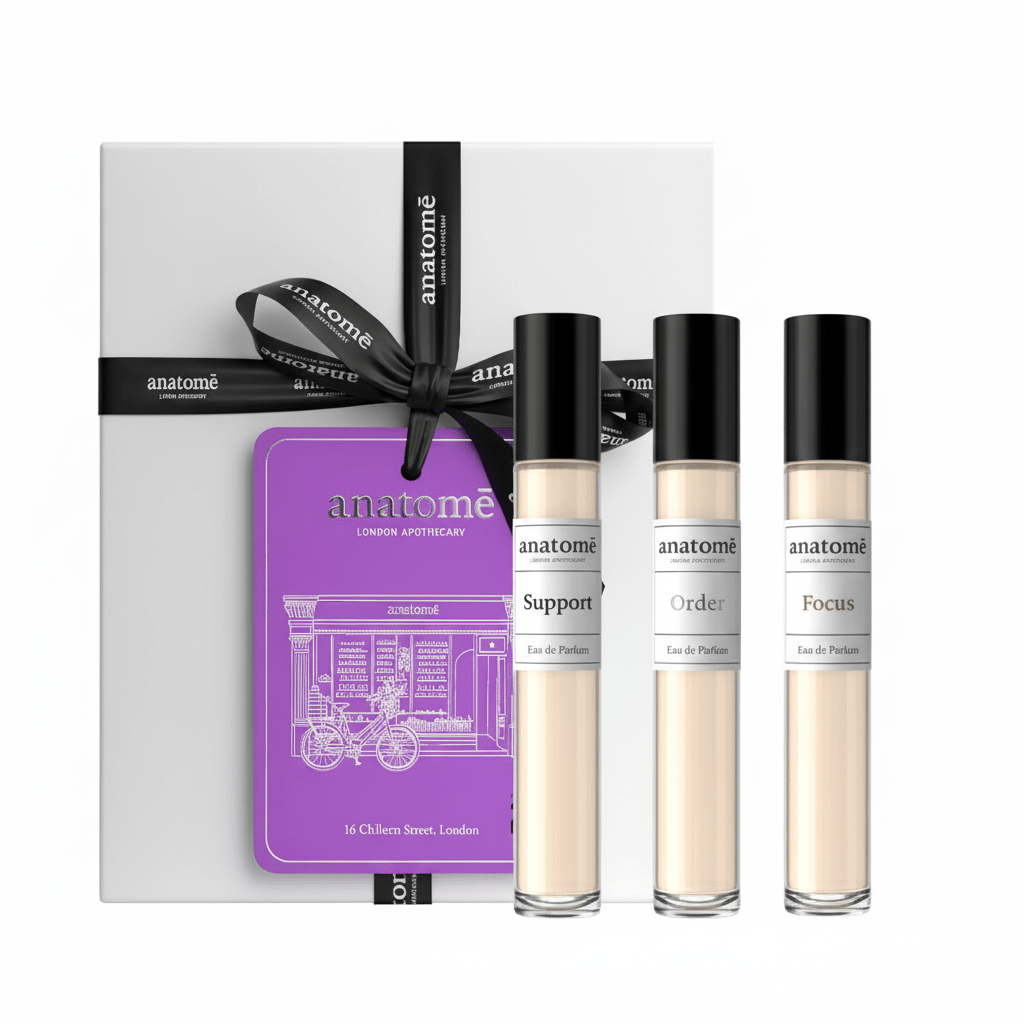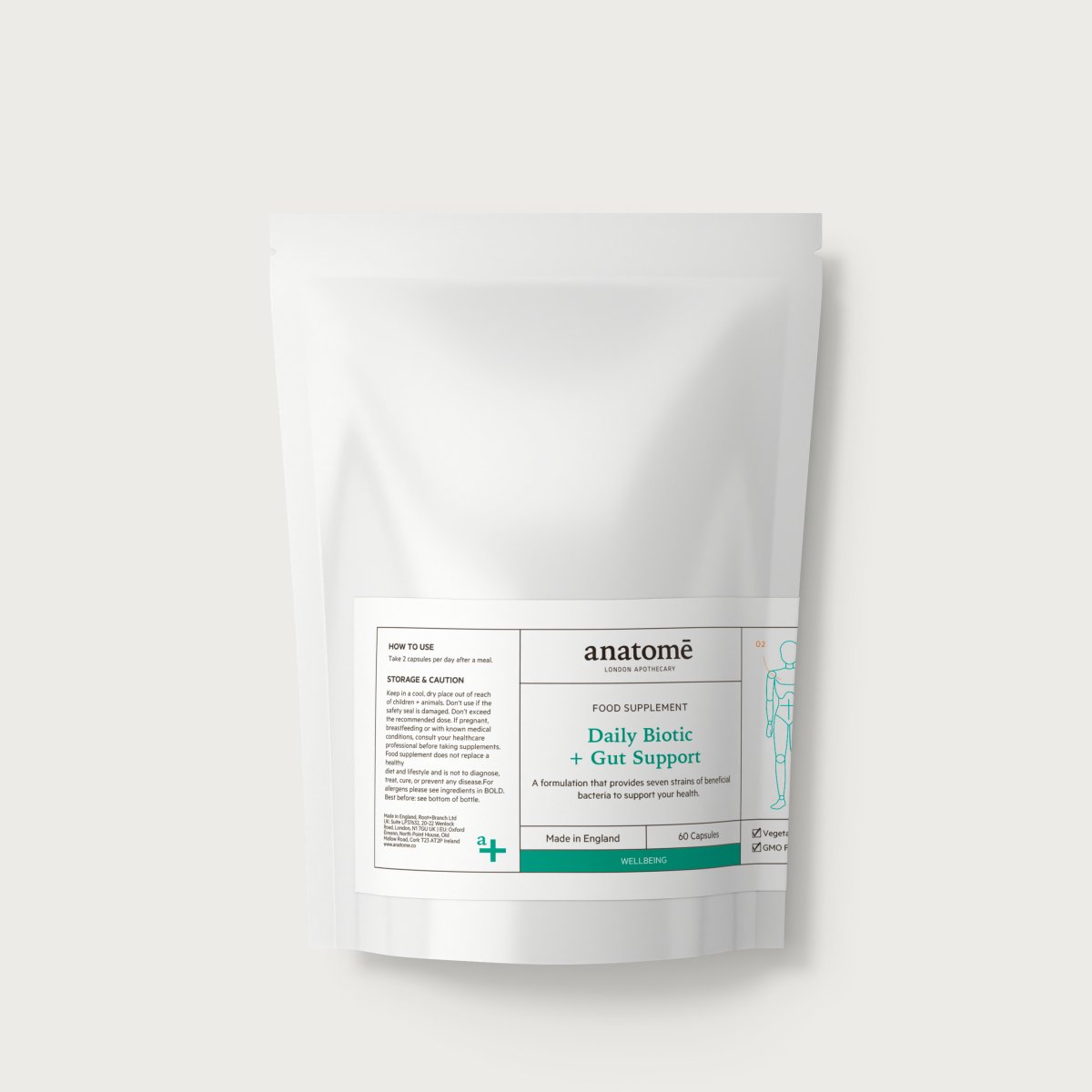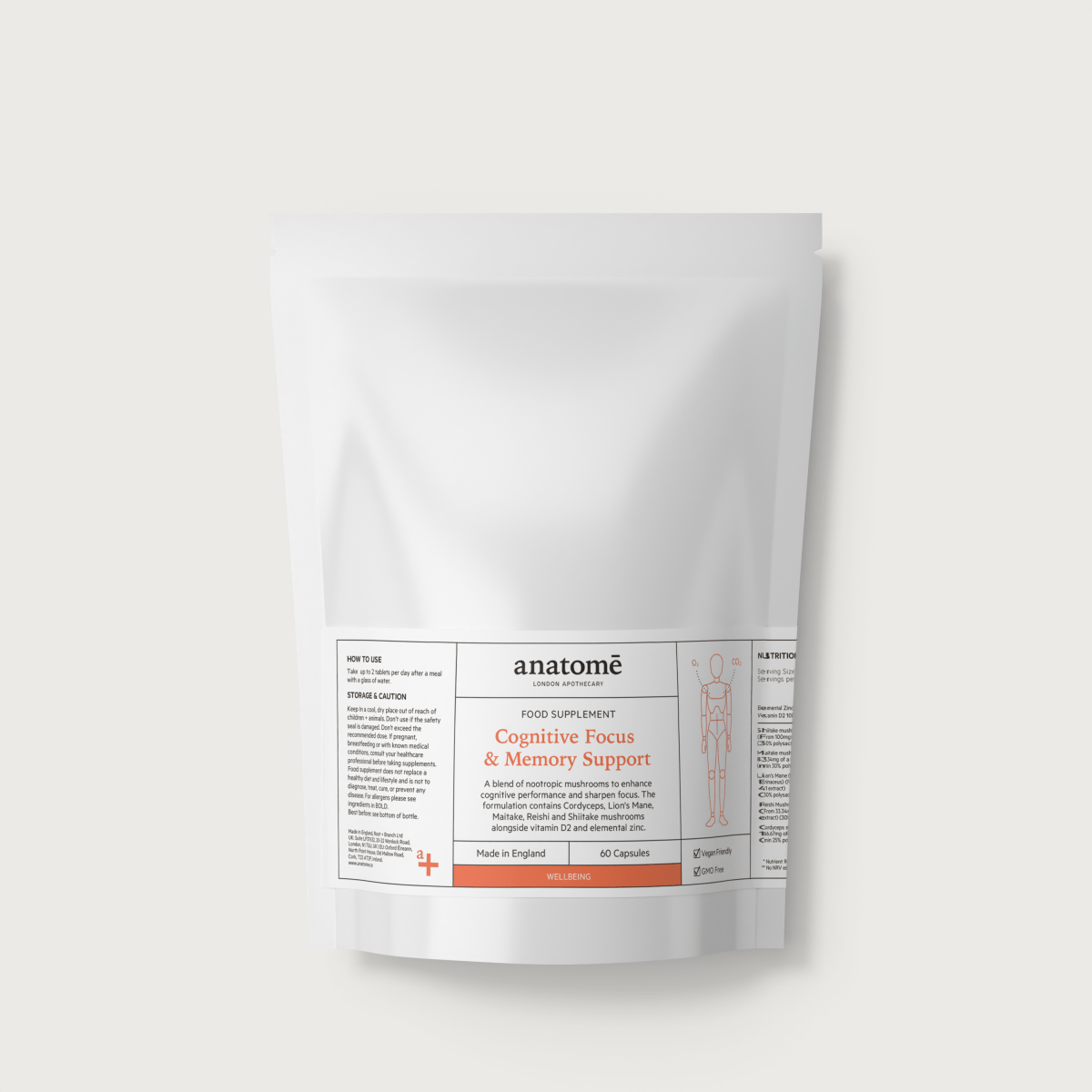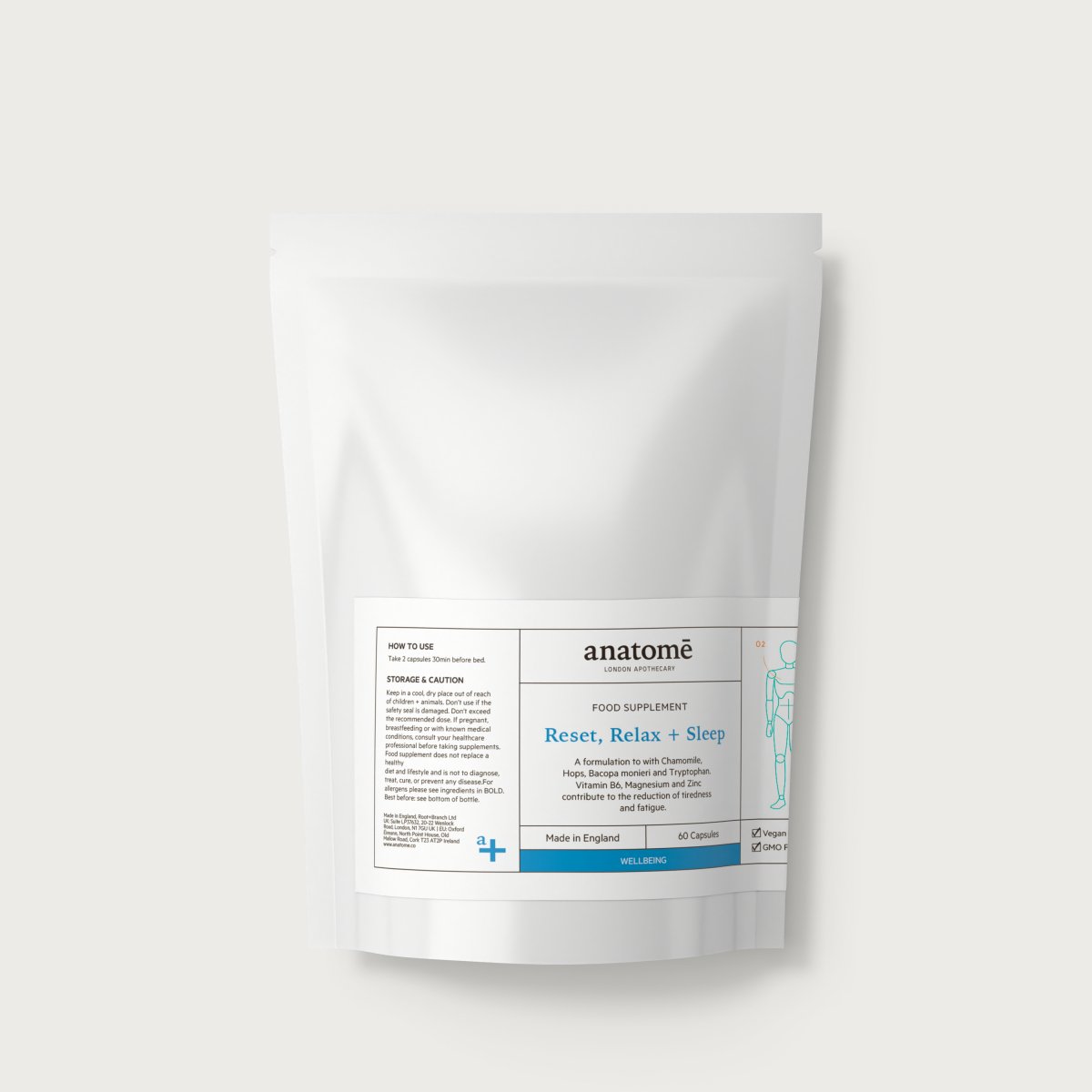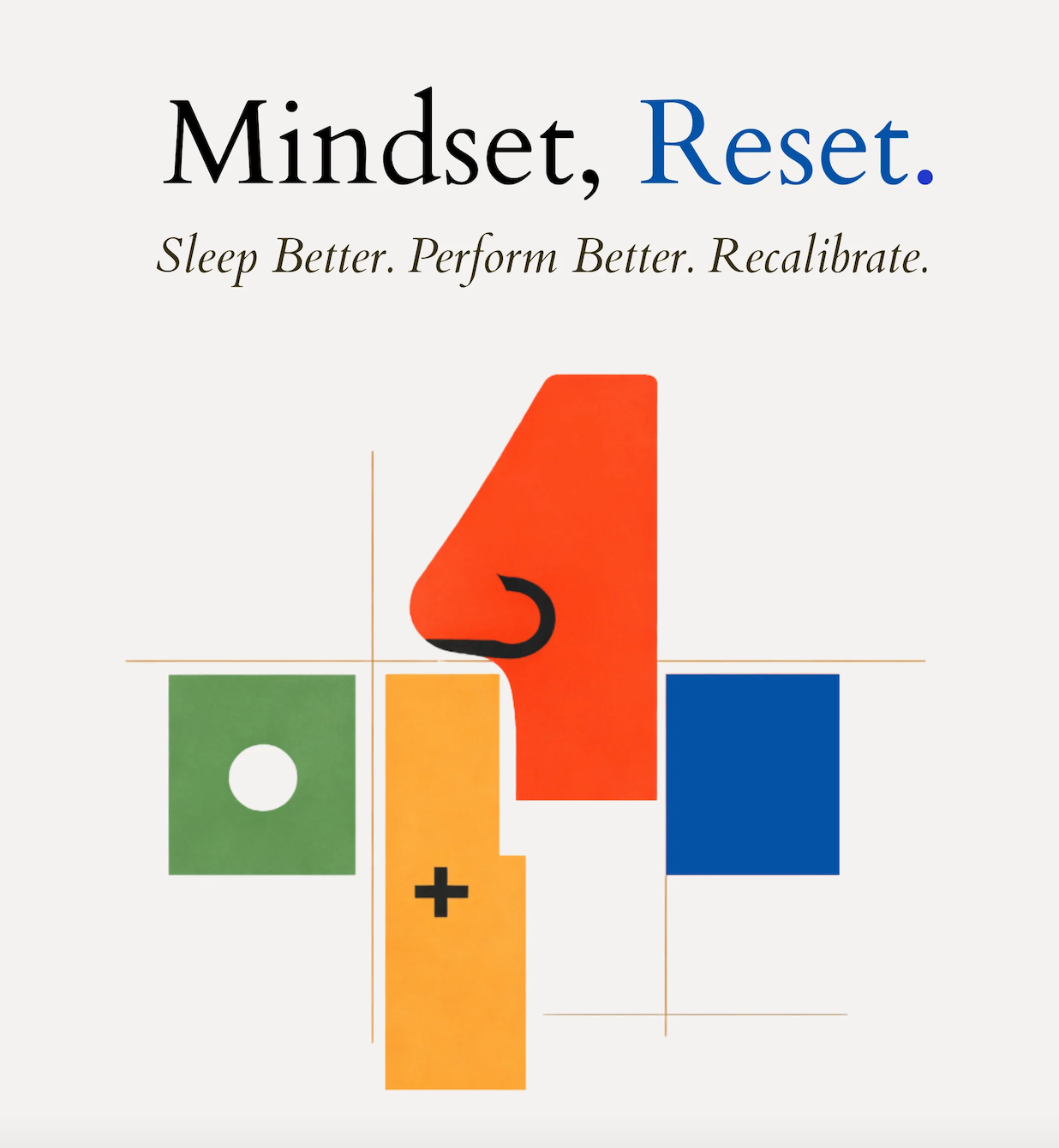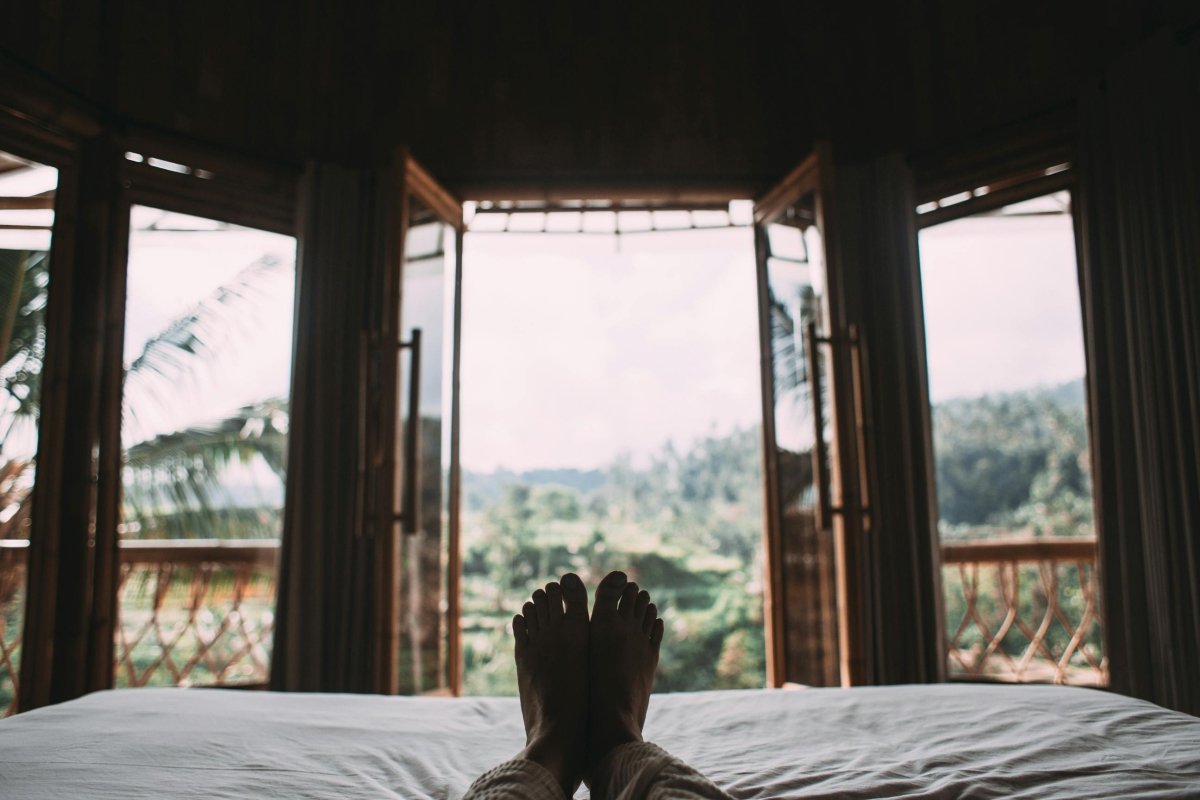There is something hypnotic about summer light — the way it lingers well into the evening, soft and golden, coaxing us to stay up, stay out, stretch time a little further. And while the season invites al fresco dinners, late swims, and open-window dreaming, our biology is whispering something else entirely: sleep doesn’t adapt so easily.
cience tells us our sleep is tied not to habit but to rhythm — specifically, the circadian rhythm, a finely tuned internal clock governed largely by light. In summer, with dusk delayed and dawn arriving early, that rhythm shifts. Melatonin, the hormone that signals to the brain that night has come, is slow to rise. We feel wakeful even when the day has long earned its end.

Science tells us our sleep is tied not to habit but to rhythm — specifically, the circadian rhythm, a finely tuned internal clock governed largely by light. In summer, with dusk delayed and dawn arriving early, that rhythm shifts. Melatonin, the hormone that signals to the brain that night has come, is slow to rise. We feel wakeful even when the day has long earned its end.
For many, this manifests as a subtle but steady unravelling: bedtimes drift later, mornings become groggy, and the sleep we do manage feels lighter, more fractured. The summer sun, while restorative in so many ways, plays tricks on our neurochemistry. It bathes us in brightness, but robs us of rest.
Then there is the heat. Unlike light, heat does not inspire wakefulness — it inhibits rest. To fall asleep, the body must cool slightly, a process known as thermoregulation. On warm nights, this cooling is interrupted, and sleep becomes fitful. You wake damp, vaguely alert, and then spend hours in a liminal zone between dreaming and discomfort.
Even mood, that elusive barometer of wellbeing, is not immune to summer’s contradictions. While we often associate seasonal affective disorder with winter, a lesser-known variant emerges in high summer. It’s marked not by lethargy, but by restlessness: a low-grade anxiety, trouble sleeping, an edginess born of overexposure. It’s as if the body, overstimulated by heat and light, forgets how to settle.
And yet, summer also offers its own remedies — if we learn to align with them. Morning light, if met early, can anchor the circadian rhythm. Evening rituals, when approached deliberately, can invite stillness despite the ambient brightness. A cool shower, the scent of lavender or clary sage on the pillow, breathwork, or magnesium in the bath — these are not indulgences. They are recalibrations.
We also turn inward to support the neurochemical pathways that prepare the body for sleep. Magnesium, often referred to as nature’s tranquilliser, plays a critical role in calming the nervous system, relaxing muscles, and helping to regulate GABA, the neurotransmitter most closely associated with deep rest. Paired with tryptophan — a naturally occurring amino acid that converts into serotonin, and then into melatonin — it becomes a kind of internal sleep architecture, gently scaffolding the brain into stillness. This is not sedation, but support: a way of working with the body’s own mechanisms, not against them.
At anatome, we believe in the intelligence of the body — but also in the intelligence of ritual. Summer needn’t be a thief of sleep. With intention, it can be a season of softer, slower rhythms — of dreaming with the windows open, and waking with the light.
Because sleep, like summer, is not something to conquer. It’s something to be in rhythm with.
What to Do Tonight
If sleep has felt elusive this summer, begin here:
-
Cool the body, signal the night — try a lukewarm shower, then apply our Recovery + Sleep Oil to pulse points.
-
Dim your environment — turn off overhead lighting and switch to amber hues one hour before bed.
-
Anchor your rhythm — wake at a consistent time, even on weekends, and greet the day with natural light.
Small shifts, repeated nightly, can help the body remember what the season forgot: how to rest, and how to rise well.

